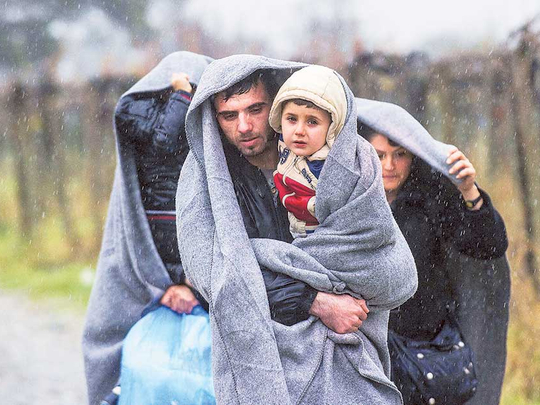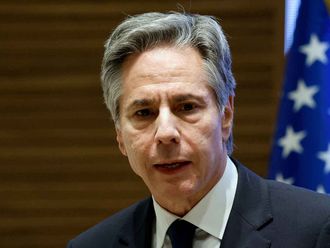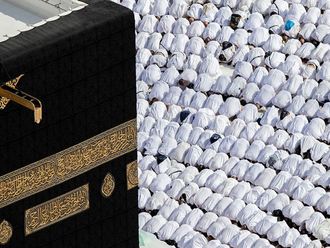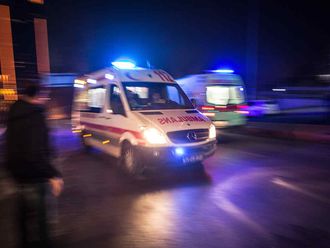
Ankara, Berlin: At least six children drowned on Friday in two separate incidents when their boats sank off Turkey while trying to make the risky crossing to Greece, state media reported.
A first boat loaded with 55 Syrian and Afghan refugees sank in strong winds and high waves in the Aegean after setting out from near the town of Ayvacik for the Greek island of Lesbos, the Anatolia news agency reported.
Turkish coastguard’s have so far recovered bodies of four Afghan children, it said.
Another two children perished when their vessel heading for the Greek island of Kos sank off the coast near the southwestern resort of Bodrum, Anatolia said.
The boat capsized because of heavy rains and stormy weather, it added.
Turkey and the European Union have agreed in principle to a refugee action plan, which is expected to be finalised at a summit on Sunday.
Eurogroup chief Jeroen Dijsselbloem warned Friday that a small group of EU countries may be forced to form a “mini-Schengen” if the bloc fails to resolve its refugee crisis.
“I really don’t wish to have that. Such a step would have negative political and economic consequences for us all,” he told German business newspaper Handelsblatt of the possibility of reducing the 26-member passport-free Schengen zone to a core group of just five or six countries.
But Dijsselbloem argued that “we cannot maintain our social welfare state in the long term if the influx of asylum seekers goes on like that”.
Hundreds of thousands of refugees and refugees fleeing war and poverty in the Middle East, Asia and Africa have travelled to Europe, mostly via Greece and along the so-called Balkans route to northern Europe.
The crisis has strained ties within the EU, with mostly newer members such as Hungary taking a firmly anti-refugee stance and northern countries like Germany welcoming those fleeing war.
Urging member states to shoulder their fair share of the refugee burden, Dijsselbloem warned: “If the EU fails to better secure its external borders, then a smaller group of countries will do so. Because we must protect our society and our high social standards.”
“Then that could be a mini-Schengen, even if that’s without a doubt not the best solution,” warned Dijsselbloem.
“Several countries are paying a bigger bill for the refugee crisis as they are hosting the refugees. These are Sweden, Germany, Austria, Belgium and the Netherlands. We are in the same situation, that’s why we want to work more closely together,” said Dijsselbloem, who is also the Netherlands’ finance minister, in a separate interview with Belgian newspaper L’Echo.
The Netherlands is taking over the EU presidency next year, and Dutch Foreign Minister Bert Koenders has said Europe must work to keep the dream of Schengen alive.
Beyond the issues surrounding the record numbers of refugees arriving in the EU, there are growing concerns about border security in the wake of the November 13 Islamist attacks in Paris that claimed 130 lives.
Last week the European Union agreed to rush through reforms to the Schengen zone by the end of the year in the wake of the atrocities carried out by Daesh.
The plan would reform the Schengen border code “to allow systematic and obligatory checks at all external borders for all travellers, including those who benefit from free movement,” French Interior Minister Bernard Cazeneuve said last Friday.












